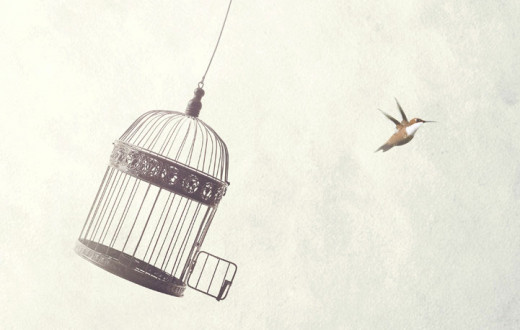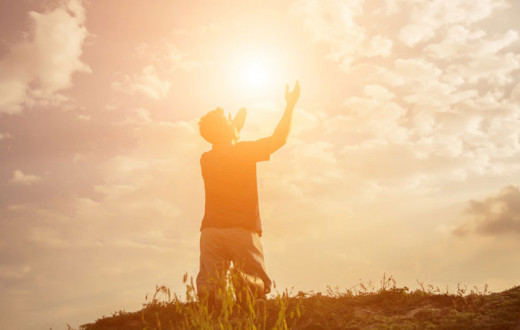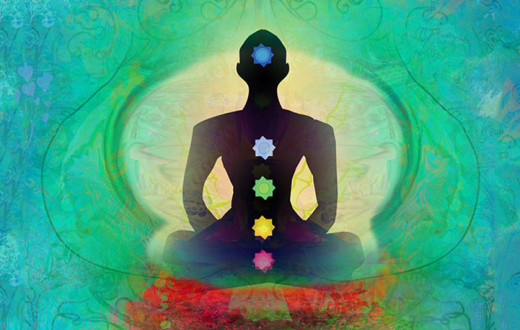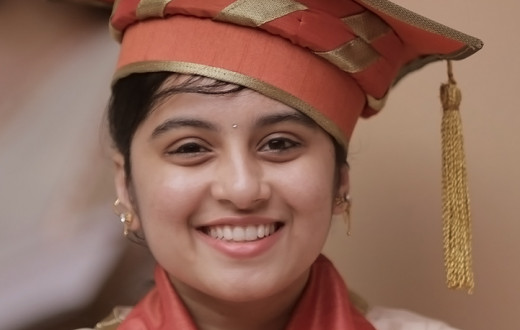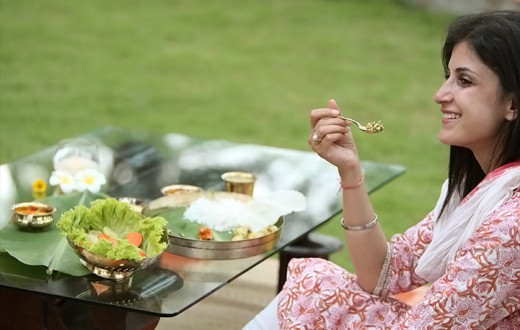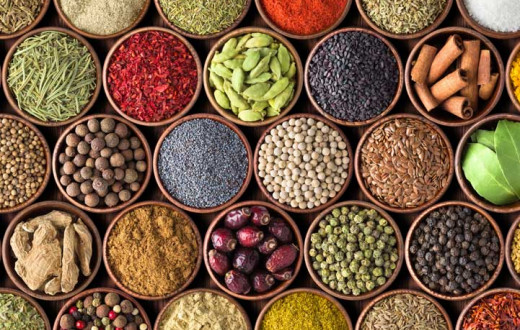
Today is Raksha Bandhan (a Hindu festival that celebrates the love and duty between brothers and sisters) and Shravan Upakarma (ritual conducted once a year when people change their Upanayana thread).
Do you know what Upakarma is?
It is the day of changing the Yajnopavita (sacred thread). What does this thread symbolize? It symbolizes the responsibilities that one carries on their shoulders. There are three strands in the Yajnopaveeta. It implies that we are indebted towards our parents, we are indebted towards our society, and we are indebted towards our heritage. Carrying these three debts on the shoulder is Yajnopaveeta.

We have responsibility towards society. Society is giving us everything, so we have to give back to the society. Parents have taken care of us, so we have to repay their debt. And we have received knowledge, so we have the debt of that knowledge, debt of the heritage, debt of the Dharma. We are carrying these three debts on our shoulder. That thread weakens with time, so each year we remember it and giving Tarpana (offering) to the Rishis (ancient sages), we change the thread.
We are indebted to the sages who have maintained this knowledge in the world for millions of years. Without the Rishi heritage, the knowledge would not have been available to us today. For that, this is the day to pray to those sages and thank them.
Do you know why we celebrate Raksha Bandhan?
When we live in society, there are always some arguments, misunderstandings, difference of opinions, and all this creates tension, insecurity, and fear. When society lives in fear, it is bound to get doomed. When the members of a family live in fear of each other, the family is doomed. So Raksha Bandhan is a festival of giving assurance to each other, “Look, I am with you”.
Raksha Bandhan is a festival of connectivity, of giving assurance and confidence to each other that I am there with you and I am committed to help you, and stand by you. To say these things, we celebrate Raksha Bandhan, which means the bond of protection. With this assurance, what happe ns? Fear vanishes. The purpose of Raksha Bandhan is to remove fear from our lives.
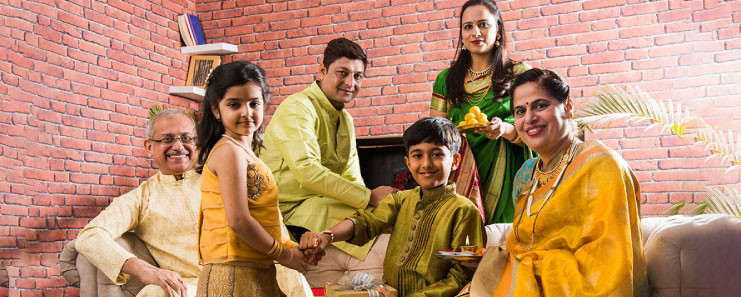
When there is bonding, there is no fear. The lack of bonding is what causes insecurity to creep in. We worry what the other person will do. Will they take away our things from us? This fear of someone snatching things from you, whether it is family or society, is very strong. And this fear is what distorts our goodness and our creativity. It shrinks our personality and badly affects our behavior with other people. You will see that many people who are very aggressive have some sense of insecurity. So Raksha Bandhan is where one ties a band, saying, I am committed to our friendship. I am committed to protecting you, and I give you assurance of our bonding. Bonding removes fear, and when fear is removed ignorance vanishes from our lives.
I also say, put a tikka or some chandan on the forehead. Chandan symbolizes wisdom – let wisdom reign in your life, not stupidity, foolishness, or self-pity. So the whole festival is to celebrate knowledge and wisdom.
Here in India, each full moon is dedicated to a particular event
A particular attribute is given to each full moon. In the month of April, the first full moon, Chitra Purnima, is attributed to celebrating life with caution, by saying, Be very aware and alert and celebrate. Whatever we do in our life, somebody is writing that down. So, let us be cautious in whatever we do. Chitra Purnima is that which gives this warning.
The second full moon is Buddha Purnima, when Lord Buddha was born.
The third full moon is Jyeshta Purnima (also called Bhoomi Purnima) and is celebrated as the full moon of the Earth.

Then comes the Ashada Purnima and is celebrated as Guru Purnima or Vyasa Purnima.
The Purnima after that is Shraavan Purnima and is celebrated for the Rishis (ancient sages and seers) who made it possible for us to have this knowledge, read the knowledge; so we show our gratitude towards them. So, the Rishis are remembered on this full moon. All the four Vedas are written by many Rishis, so this is the full moon of conveying our gratitude to the Rishis who are not visible to our eyes, but are Chiranjeevis (immortal living beings). How do we convey our gratitude to them? Through good bonding between all of us. We should not fight. If there is friendliness among each other, then the resolution of the Rishis of Vasudhaiva Kutumbakam (one world family) gets fulfilled. For that purpose, today’s full moon (Shraavan Purnima) is celebrated for the Rishis.
The next full moon is dedicated to Infinity and the one following that is Sharad Purnima. That is when there is celebration and dance. It is when Lord Krishna danced with all the Gopis.
Each full moon is celebrated with a grand history behind it. In The Art of Living, we take any excuse to celebrate because life is a celebration.
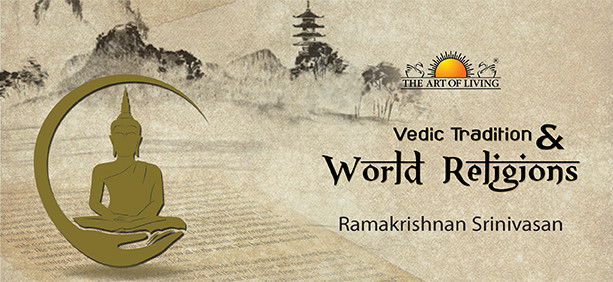
Vedic tradition and the world religion
Author Ramakrishnan Srinivasan discusses ancient India in this book. The eternal tradition or Sanatana Dharma, created by the people of the vedic times, is still alive. Sanatana Dharma, an ethical principle for life, was in tandem with other global religious teachings of peaceful co-existence. All this and more have been discussed in a conversational style by the author, giving the book a universal appeal.
Updated in July 2020

